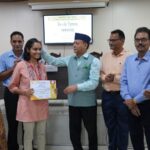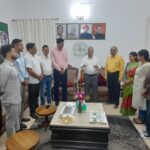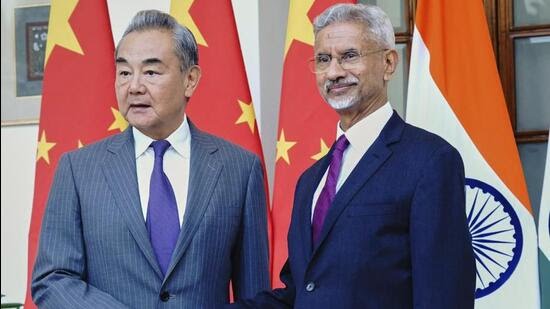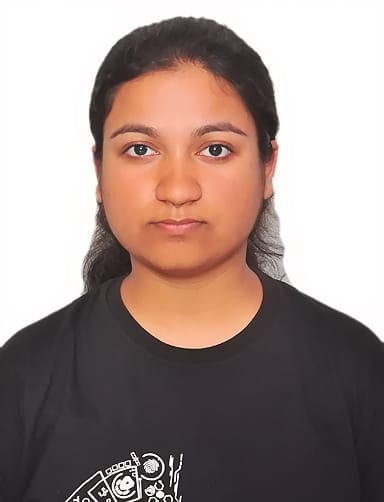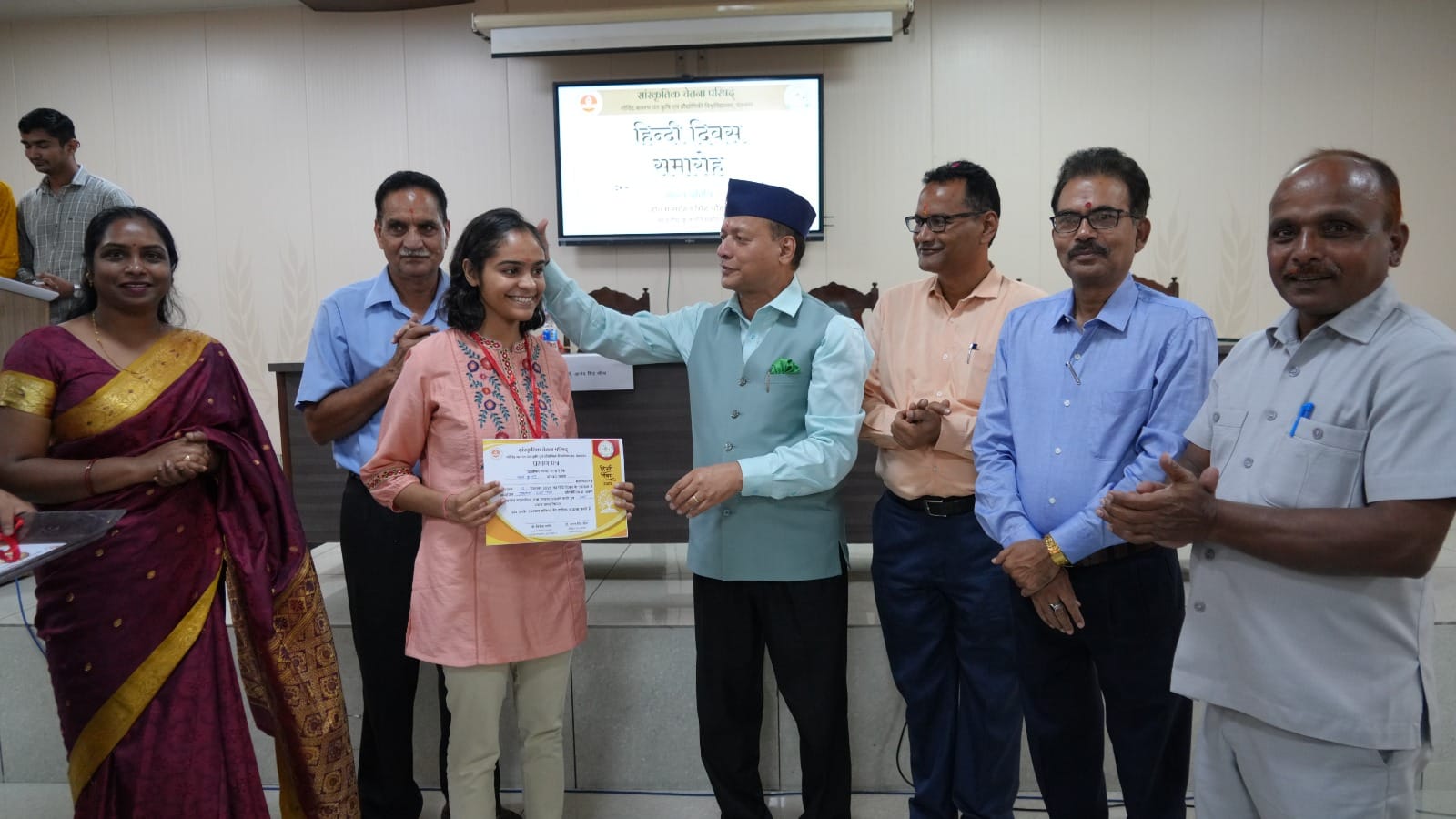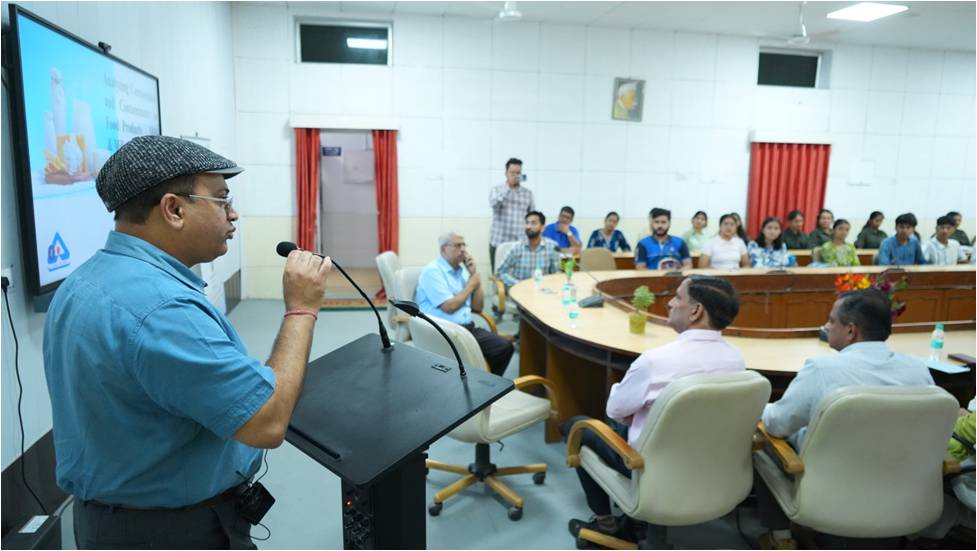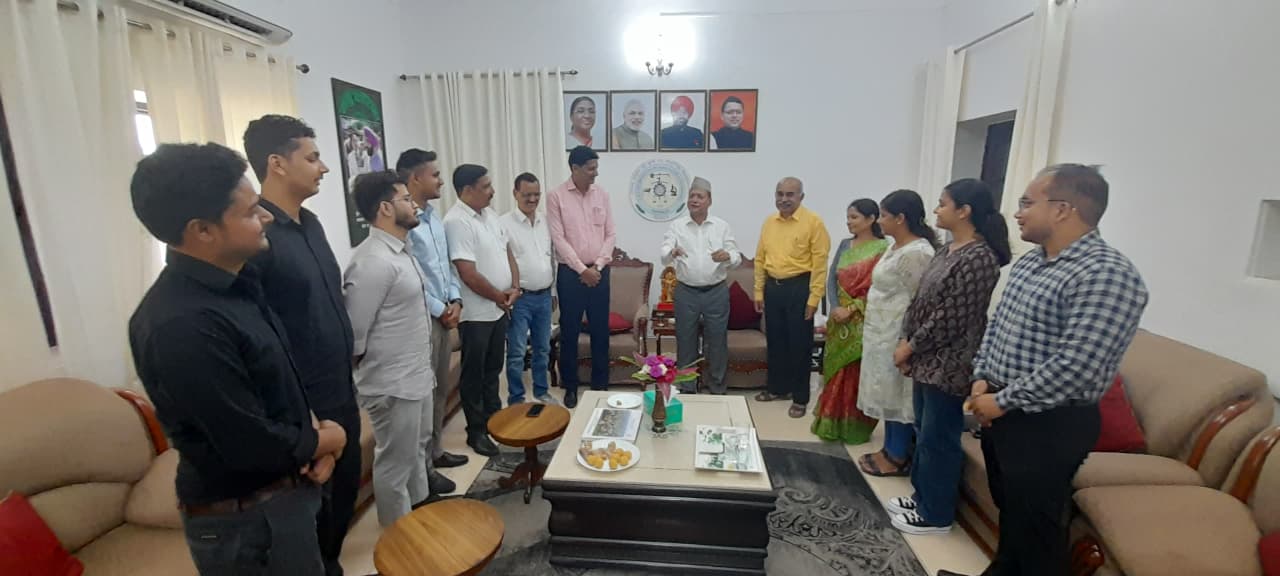Himalaya Harbinger, Rudrapur Bureau,
Chinese foreign minister Wang Yi assured external affairs minister S Jaishankar that Beijing is addressing New Delhi’s concerns about export restrictions on fertilisers and rare earth minerals, people familiar with the matter said on Tuesday.
Wang gave the assurance at his meeting with Jaishankar on Monday, the people said on condition of anonymity. He is on a two-day visit for talks with National Security Adviser Ajit Doval under the Special Representatives mechanism on Tuesday.
The people said the Chinese side had promised to address three key concerns of India related to export restrictions imposed by Beijing in recent months. “Foreign minister Wang assured the external affairs minister that China is addressing India’s needs for fertilisers, rare earths and tunnel boring machines,” one of the people said.
There was no official word on the matter from either side. Jaishankar had said on Monday, without giving details, that he raised with Wang “particular concerns” which had also figured in their last meeting in July.
At that earlier meeting, Jaishankar had said the two sides should avoid “restrictive trade measures and roadblocks” to economic cooperation. He was referring to China’s curbs on exports of rare earth minerals – used in everything from smartphones to electric vehicles and in many of which Beijing has a near monopoly – and fertilisers. The restrictions on rare earth exports have impacted Indian manufacturers of electric vehicles.
Almost half of China’s fertiliser exports in 2023 headed to India, but it halted sales to all countries last year. Beijing relaxed the ban in June but has retained its restrictions on India until now. India’s imports of urea from China fell to about 100,000 tonnes in 2024-25, compared to 1.87 million tonnes a year ago, according to the Fertiliser Association of India
Last month, India finalised long-term agreements with Saudi Arabia for 3.1 million metric tonnes of DAP fertiliser per annum for five years to cope with the restrictions imposed by China. Di-ammonium phosphate or DAP is the second most widely used crop nutrient in India.
China has also reportedly held up the export of three large tunnel boring machines meant for the Ahmedabad-Mumbai high-speed rail project. The machines are needed for a 21-km underground section of the railway line and were to have reached India between October 2024 and early this year.
At his meeting with Wang on Monday, Jaishankar said India and China need a “candid and constructive” approach based on mutual respect and mutual sensitivity to drive their relations after a difficult period. He reiterated India’s call to take forward the de-escalation process along the Line of Actual Control (LAC)
The two sides discussed economic and trade issues, river data sharing, border trade, connectivity, and bilateral exchanges at the meeting.
Wang is the first Chinese minister to travel to India since the two sides reached an understanding last October to end the military standoff on the LAC that began in April-May 2020. The face-off and a brutal clash in Galwan Valley in June 2020 took bilateral ties to a six-decade low.
On Tuesday, Wang will discuss border issues with Doval. They are the designated Special Representatives for the border issue, and this is the highest bilateral mechanism for addressing the long-standing border dispute between India and China.
Wang will also meet Prime Minister Narendra Modi after his talks with Doval. The meeting assumes significance as Modi is expected to travel to China for the first time since the start of the face-off on the LAC to attend the Shanghai Cooperation Organisation (SCO) Summit in Tianjin on August 31 and September 1. Modi is also expected to have a bilateral meeting with President Xi Jinping on the margins of the summit.
Two days after the understanding on ending the face-off on the LAC, Modi and Xi met in the Russian city of Kazan and agreed to revive several mechanisms to normalise bilateral relations and address the border dispute.
Wang’s visit has gained in significance because of the geopolitical and economic flux created by the policies of the Donald Trump administration in the US. Both Jaishankar and Wang referred to this in their opening remarks at their meeting.
Jaishankar said India and China seek a fair, balanced, and multipolar world order, including a multipolar Asia. “In the current environment, there is clearly the imperative of maintaining and enhancing stability in the global economy as well,” he said.
Wang said “unilateralism is running rampant” and “free trade and the international order are faced with severe challenges”. India and China, as the two largest developing countries, should shoulder the responsibility of seeking “strength and dignity” for developing countries, he said.
The thaw in bilateral relations has led to India and China resuming the Kailash Mansarovar Yatra to the Tibet region after five years. India has resumed tourist visas for Chinese nationals for the first time since 2020, and the two sides are in advanced negotiations to resume direct flights and border trade.

